Resources
Browse resources created and collated by ARIIA as a trusted, evidence-based guide to supporting innovation across the aged care sector.
Showing
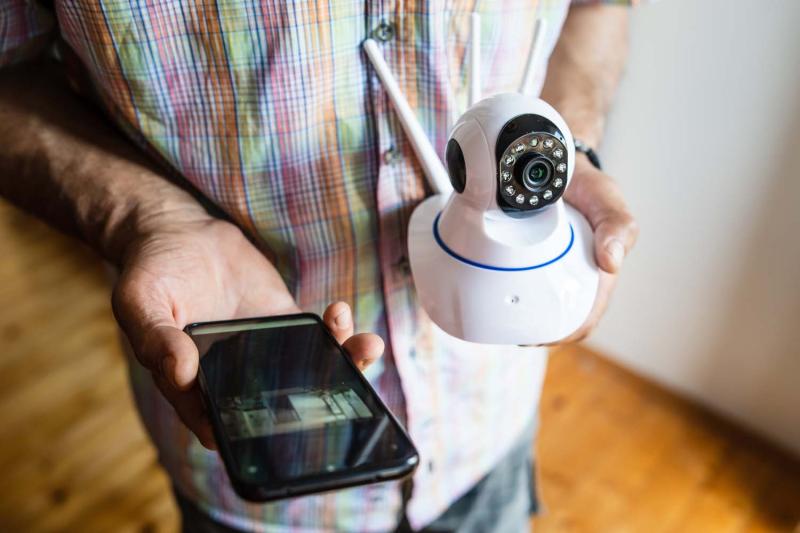
The use of surveillance and monitoring technology in aged care
This discussion paper by the Government of South Australia, Department of Health and Wellbeing reports on a variety of surveillance and monitoring technologies that may support the care of residents living in residential aged care facilities, particularly the use of CCTV or audio visual surveillance and monitoring.
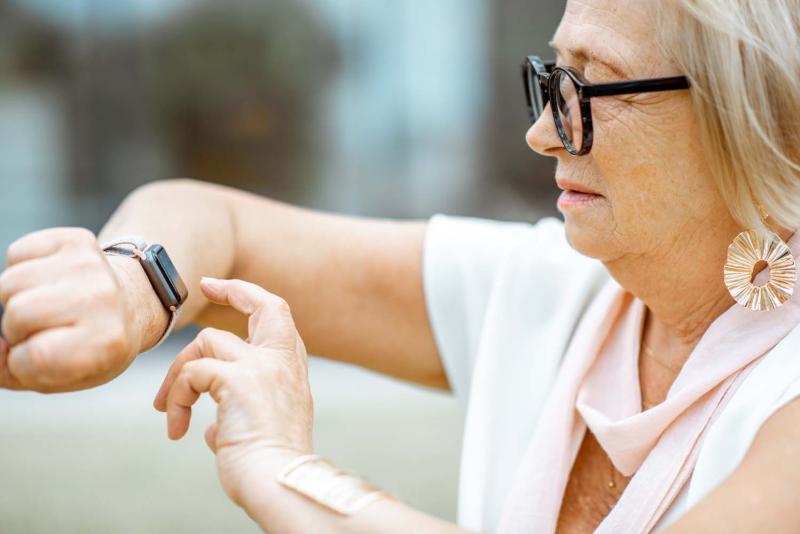
Social, ethical and economic considerations of smart technologies for ageing well
This report by The University of Adelaide discusses the findings of primary and secondary research activities undertaken to understand what is needed to age well, age well in place and the assets and challenges of using smart technologies at home.
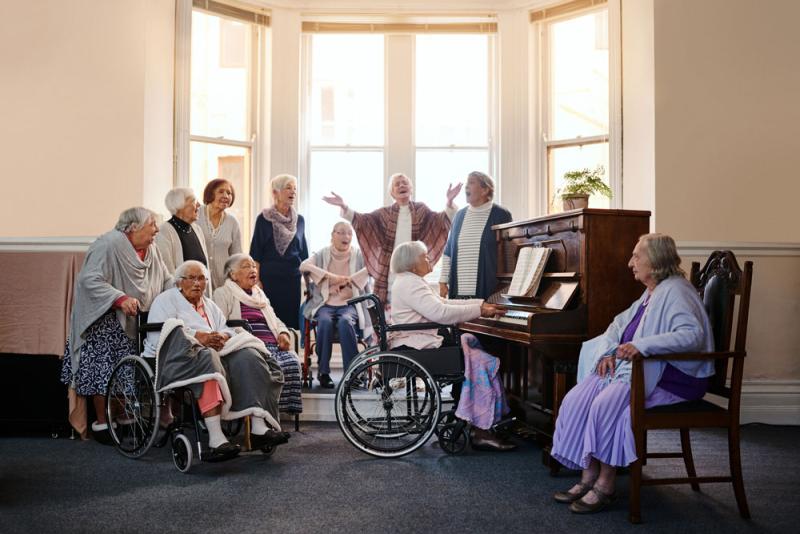
How adding music can make activities more meaningful for people
Experienced aged and disability care worker Sarah-Kaye Page provides ideas on how staff and family might use formal and more spontaneous music activities to improve the lives of older people in their care.
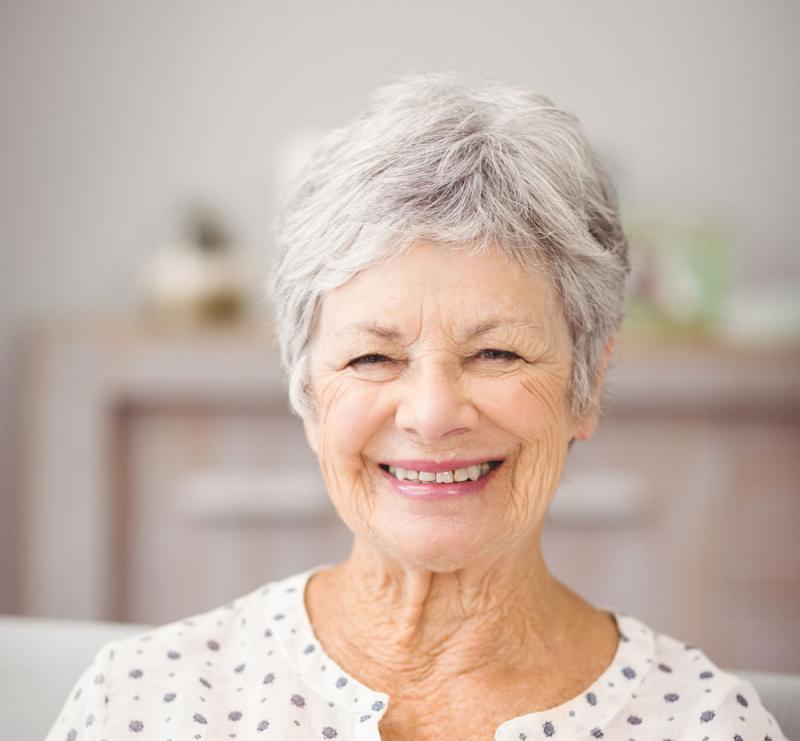
Improving mental health of people with dementia in residential aged care
Dr Deborah Brooks and colleagues invite interested aged care residents, family/care partners, and aged care staff to participate in a co-design project to develop MHICare Tool – a tool for monitoring and promoting the mental health of people with dementia living in residential aged care.
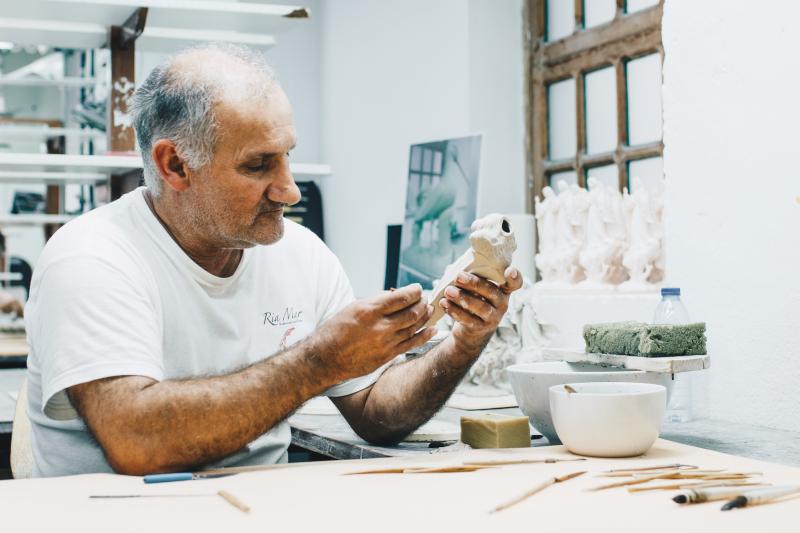
LEAPing into meaningful activities
Dr Jacqueline Wesson, University of Sydney, describes a new leisure assessment tool under development for people living with dementia in residential aged care – LEAPing into meaningful activities.
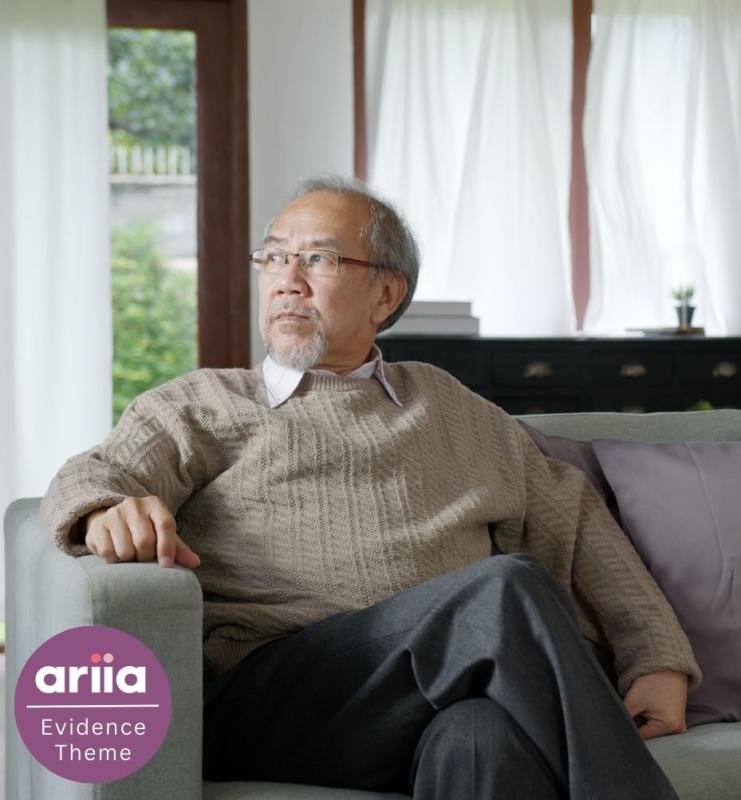
Mental health and wellbeing: Anxiety
In Australia, approximately 10 per cent of older adults have anxiety. Anxiety disorders are especially prevalent among people living in residential aged care. This resource from ARIIA is a short easy-to-read summary of the research evidence.
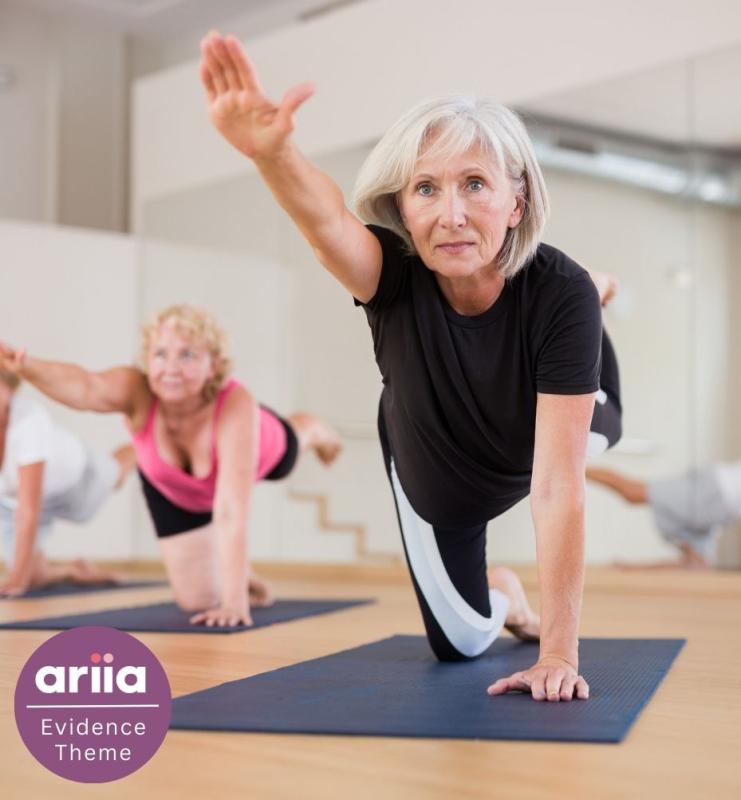
Meaningful lifestyle activities: Physical activity
Evidence highlights the importance of physical activity for health and wellbeing of older people, however, physical activity that is not deemed meaningful to the individual can negatively affect the mood and lower life satisfaction. This resource from ARIIA is a short easy-to-read summary of the research evidence.
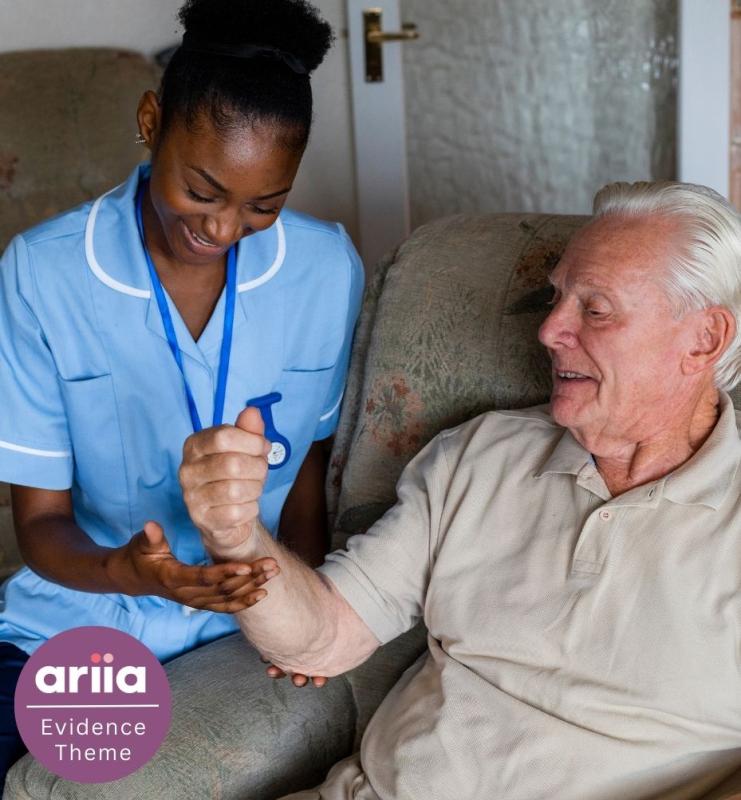
Meaningful lifestyle activities: Person-centred approach
Evidence suggests person-centred activities are dependent on understanding aged care recipients as individuals with a past present and future. This resource from ARIIA is a short easy-to-read summary of the research evidence.
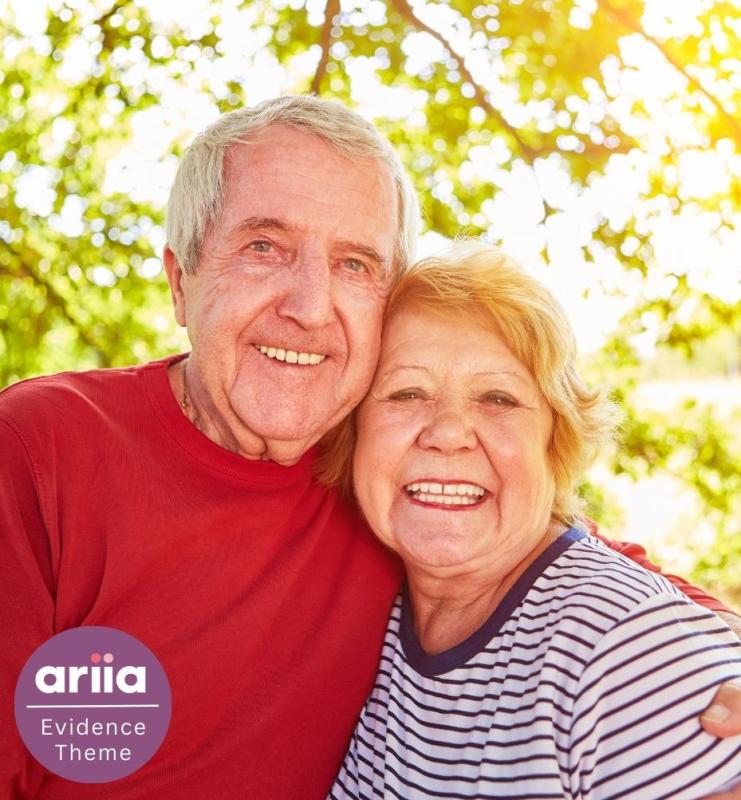
Meaningful lifestyle activities: Nature-based activities
Nature-based activities can help provide a healing benefit for older adults, improving their health and wellbeing. ARIIA has produced a short easy-to-read summary of the research evidence which is available in web and PDF format. This resource from ARIIA is a short easy-to-read summary of the research evidence.
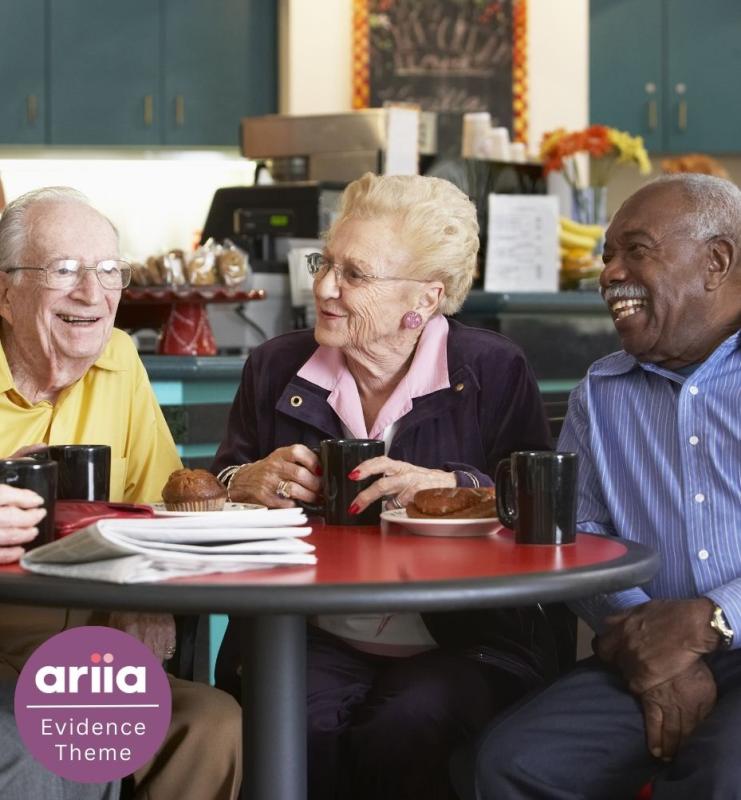
Meaningful lifestyle activities: Meaningful social activities
Social activities should be tailored to an individual’s personal preferences to ensure they are meaningful. ARIIA has produced a short easy-to-read summary of the research evidence which is available in web and PDF format. This resource from ARIIA is a short easy-to-read summary of the research evidence.